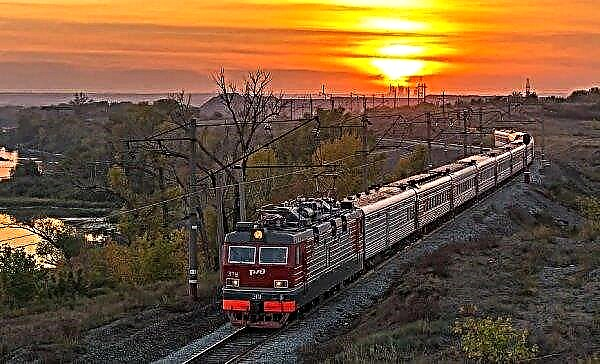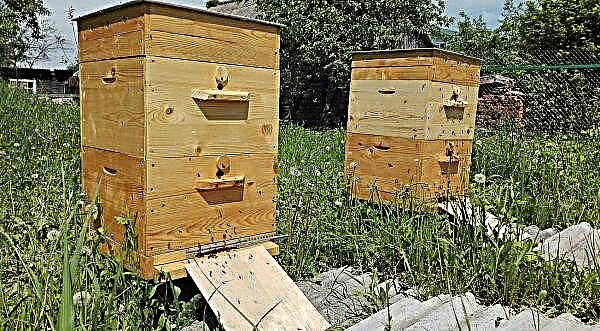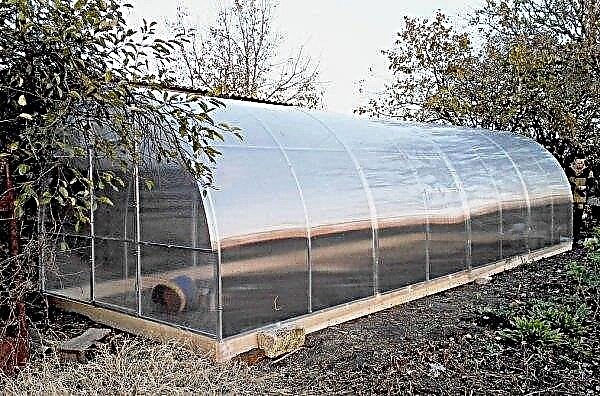Ethiopia opened the delayed hydroelectric power station Genale Dawa III. cubic meters of water.
Built by the Chinese company China Gezhouba Group, the Genale Dawa III hydroelectric power station consumed $ 451 million, of which about 67.8 million was covered by the Ethiopian government. The remaining were covered by a loan.

The project was launched in 2010, but was temporarily suspended for more than a year due to certain failures associated with the relocation of residents living near the dam. It is said that the completion of the project will help increase the country's power generation capacity to 4,654 MW from the existing 4,200 MW; and help increase the economic benefits of the Genale and Dawa communities through increased irrigation development.
According to Prime Minister Abiy Ahmed, expanding the development of irrigation will ensure food security. The Prime Minister also noted that the country still needs to invest more in local water resources, and encouraged local investors to participate in all identified projects, including GD-6. “More energy projects will ensure that the country meets its actual energy needs,” he said.
Did you know? Although the construction of hydropower plants is an expensive pleasure, most pay off before they are put into operation.
Over the past three years alone, some foreign companies from Western countries and Chinese firms have submitted their project proposals to the Ethiopian Electric Power Industry (EEP). Foreign companies include: British energy firms, Chinese firms and Turkish construction companies.
- Glanbia Ireland, the Irish global nutrition group, announced on July 8 that it is launching FarmGen, a renewable energy initiative for farmers and the farming community.
- In July of this year, NATURA magazine raised the issue of irrigating Moldovan farmland with water from underground sources; answers to this question were received from ecologists, doctors of biological sciences, university teachers, and prominent representatives of the civil community.
- Cronimet Mining Power Solutions in Windhoek, the capital and largest city of the Republic of Namibia, has recently completed the construction of a 800 kW solar power plant designed to meet energy needs and reduce operating costs for Namibian dairies.












